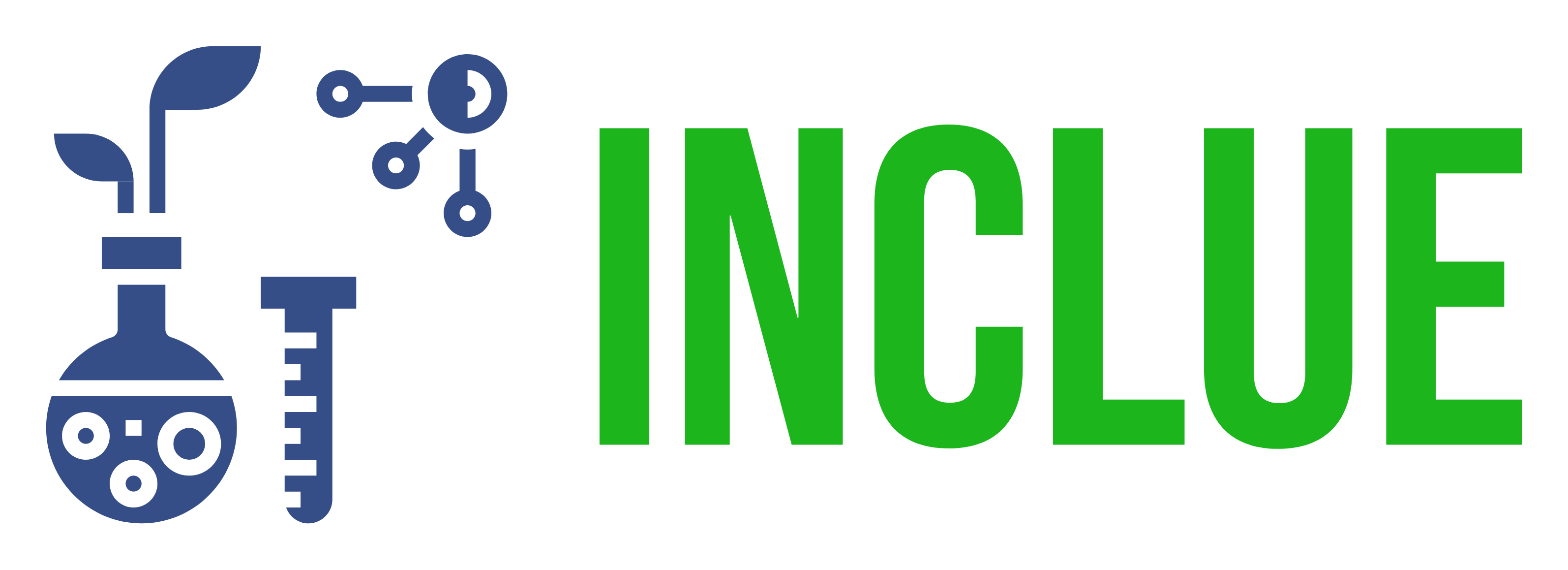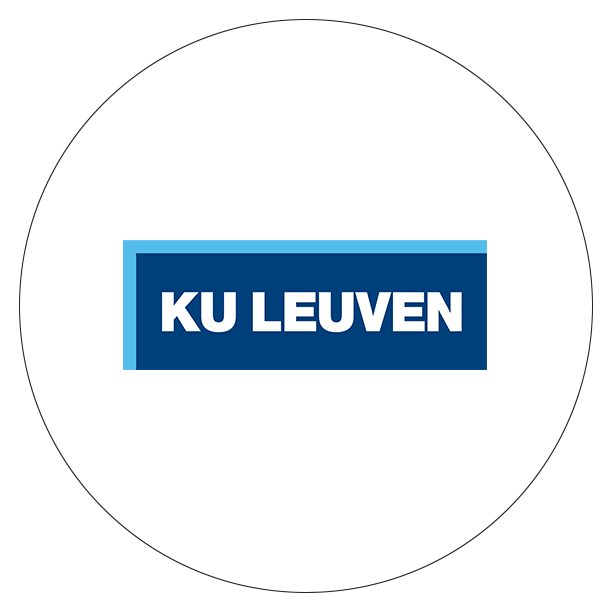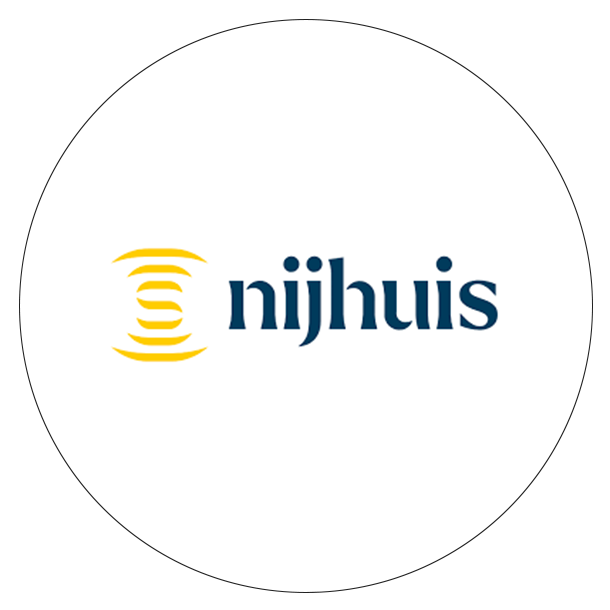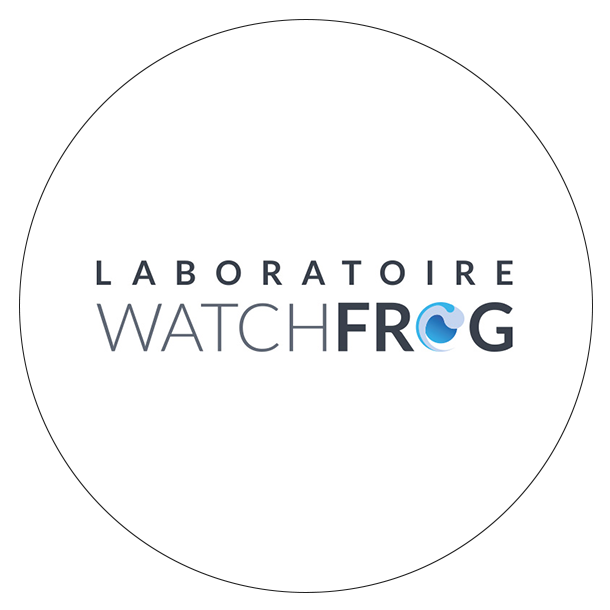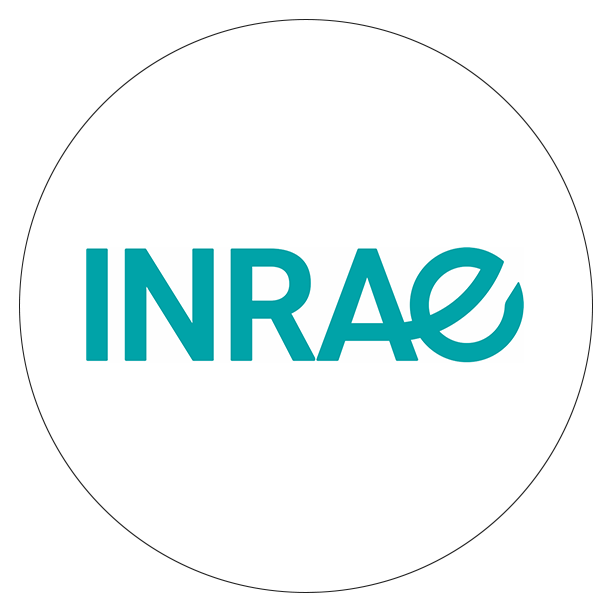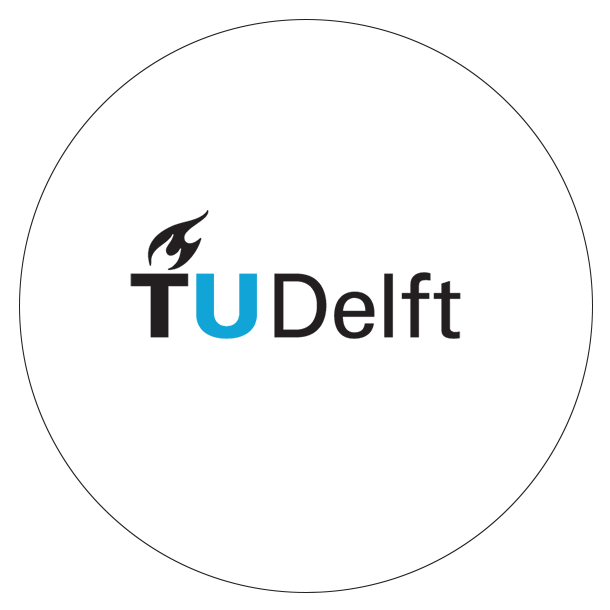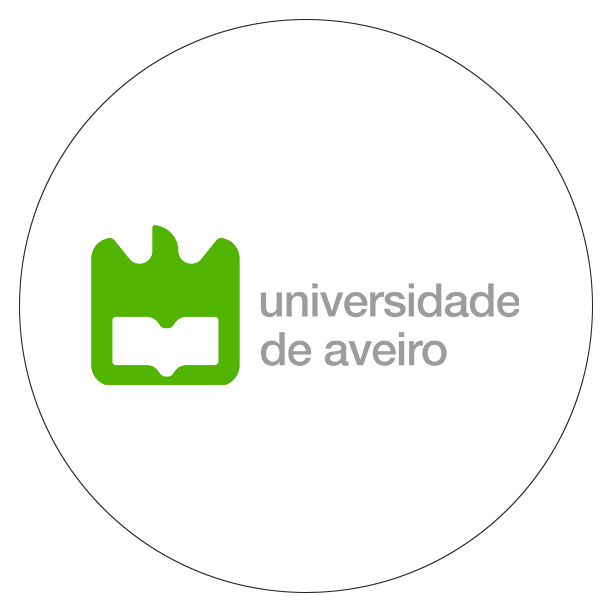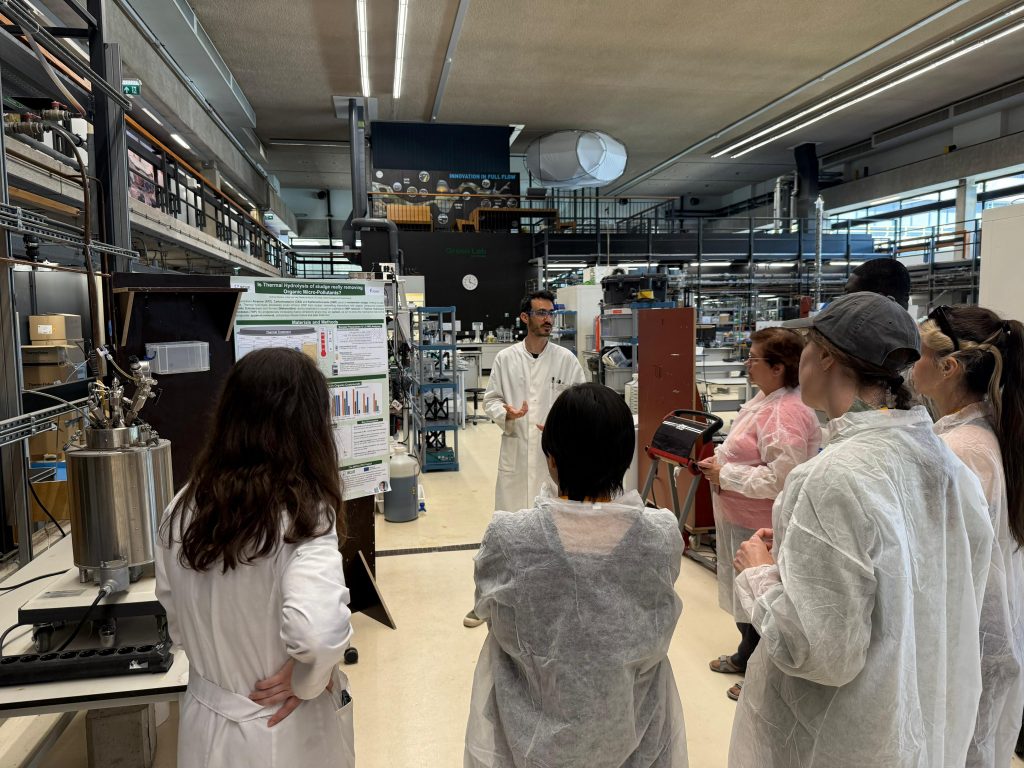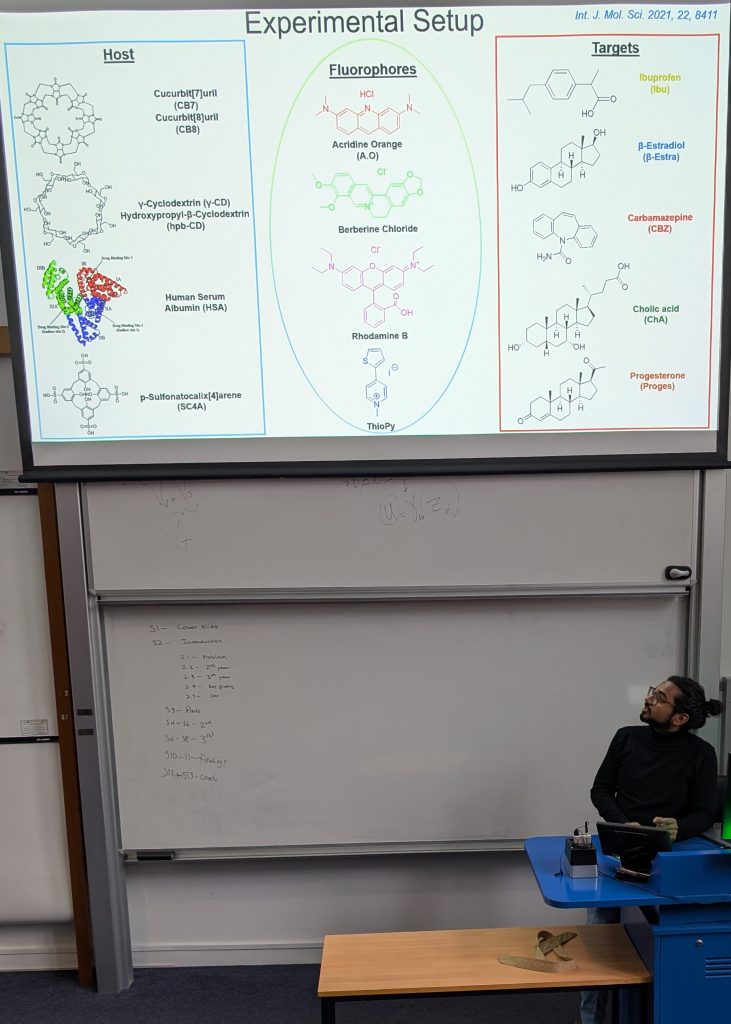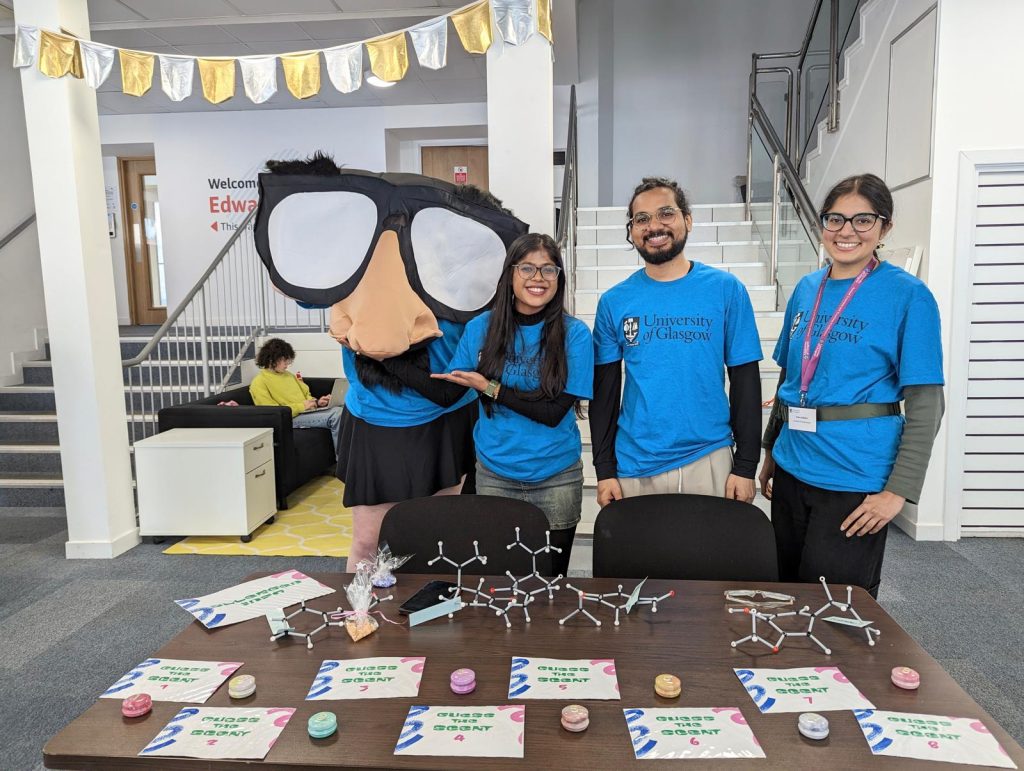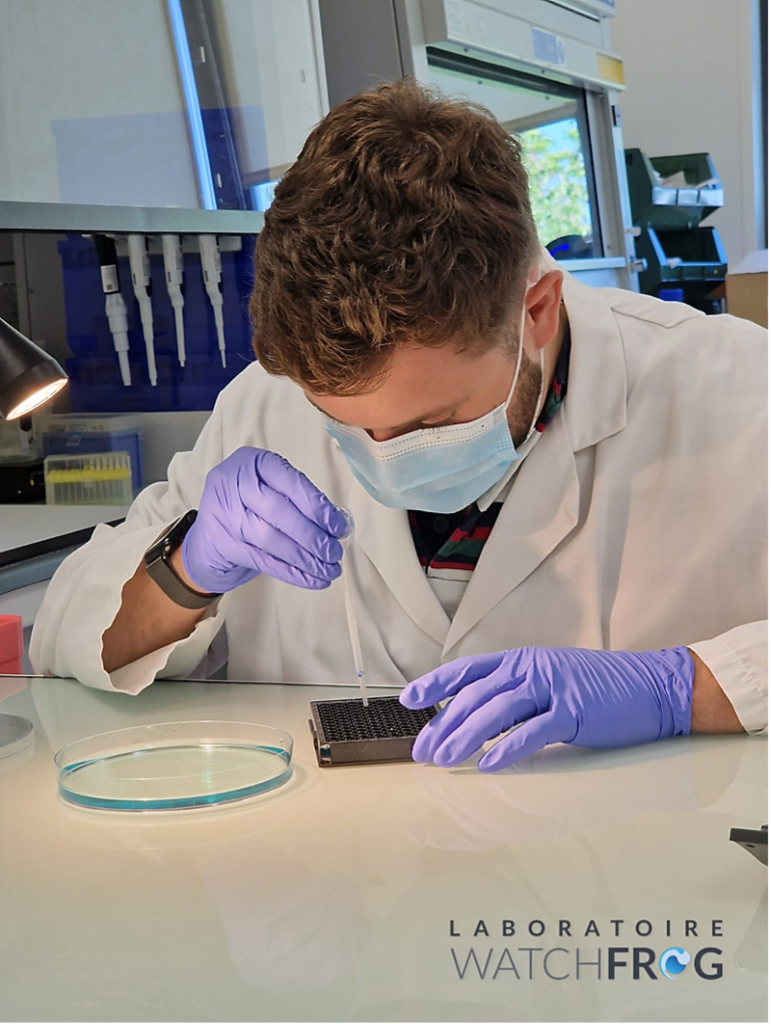
Tiago Martins (DC3) Begins Secondment at WatchFrog to Investigate the Effect of Electrowinning on Sludge Toxicity
Tiago Martins, our DC3 PhD candidate from KU Leuven and Nijhuis Saur Industries, has officially started the first part of his secondment at WatchFrog, a leading biotechnology company specialising in endocrine disruption testing. This marks a significant step in his research on the sustainable treatment of sludge. Building on his expertise in electrochemical sludge treatment, Tiago’s secondment will focus on evaluating how electrowinning— the technique he is using to extract metals—affects the endocrine-disrupting potential and toxicity of various sludge types. By using WatchFrog’s advanced bioassays, XETA (Xenopus Eleutheroembryonic Thyroid Assay)
